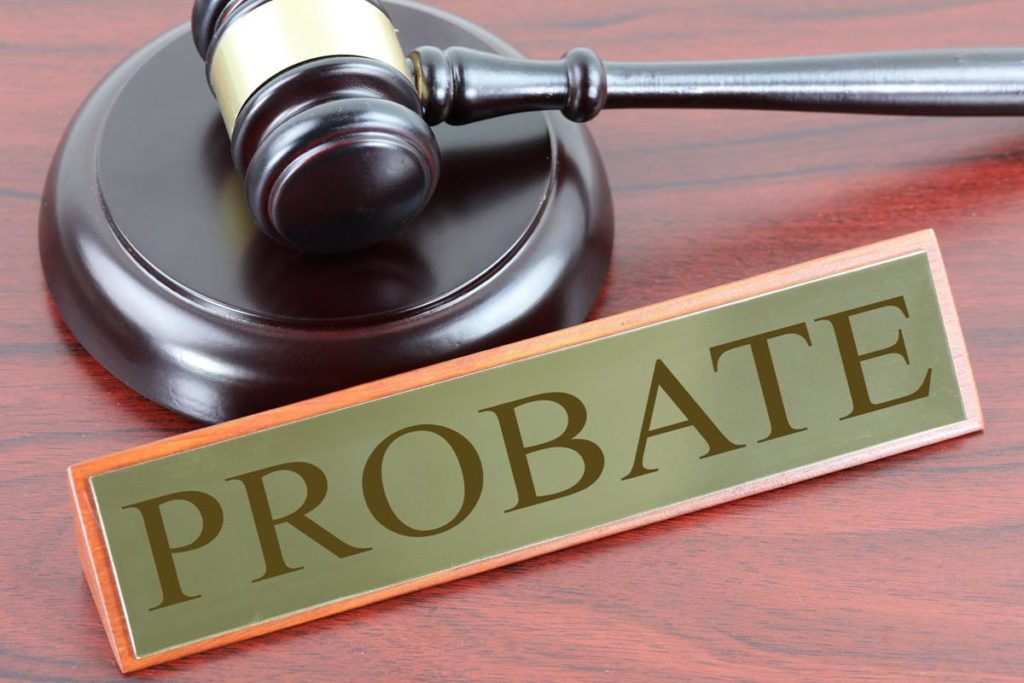
Losing a loved one is never easy. It is often a challenging and tumultuous time which can be further overwhelmed by the legal process that follows. One of the most important steps to handle is to understand the probate process.
In this article, we will break down the probate basics, in the County of Bergen, New Jersey. We will guide you through what probate is, what to do after the death of a loved one, and how to begin the process, to ensure the estate of your loved one is properly handled.
What is Probate?
Probate is the legal process through which the Will of the deceased person is authenticated, and their assets distributed according to their wishes. It involves the following:
- proving the validity of the Will in court
- appointing an executor or personal representative.
- ensuring all debts, taxes and expenses are paid before distribution of the assets to the heirs.
Steps to Take After the Death of a Loved One
After the death of a loved one, there are several steps that should be taken immediately. Here is what you should do:
- Acquire the Death Certificate: The first thing you will need is a copy of the deceased’s Death Certificate. This is usually required to start the probate process and to notify insurance companies, banks and other relevant service providers.
- Locate the Will: locate the Will of the deceased as soon as possible. If there is no Will, the estate is usually handled according to the intestacy laws of New Jersey, which may not align with the wishes of the deceased.
- File the Will with the Surrogate’s Court: To officially start the probate process in New Jersey, the Will must be filed with the Surrogate’s Court in the county where the deceased lived.
You can visit the Bergen County Surrogate’s Court website for detailed instructions on how to file the Will in Bergen County. It is important that to choose the correct form(s) depending on whether or not there was a Last Will & Testament. - Notify the Creditors: The executor must then notify the creditors of the deceased after the Will has been filed. This ensures that any outstanding claims or debts are addressed before distributing the assets.
- Appoint an Executor: The deceased may have named an executor to carry out the wishes outlined in the Will and follow the instructions of the court. If there is no executor that was named, the court may appoint one.
- Settlement of the Estate: The executor must ensure that all taxes and debts are paid before the remaining assets are distributed to the heirs. This may involve filing tax returns, liquidation of assets, and paying of any expenses related to the estate.
How Long Does the Probate Process Take?
In Bergen County, NJ, the probate process typically takes several months to complete. For simple estates, the duration may be 6 to 9 months, while estates that are more complex may take over one year. The length of time depends on the following factors:
- the complexity of the assets
- the size of the estate
- whether the Will is contested or not.
Common Probate Challenges
While probate is usually straightforward, there are several challenges that could come up:
- Contesting the Will: If there is a dispute about the validity of the Will or its terms, beneficiaries may contest it in court, which can delay the probate process.
- Intestacy: If the deceased did not have a valid Will, the estate will be administered according to state laws, which may not reflect the wishes of the deceased.
- Creditor Claims: If there are outstanding debts, creditors may make claims against the estate, which can complicate the distribution of assets.
How to Avoid Court Appointments During Your Lifetime: The Importance of Durable Powers of Attorney
One of the most important steps in estate planning is ensuring you are prepared for potential incapacity in the future. A durable power of attorney allows a designated person to manage your financial and legal affairs if you become incapacitated. This can save time, money, and avoid the need for guardianship appointed by the court.
For example, a durable power of attorney can be drafted to only take effect if the principal becomes incapacitated. This document is revocable during the lifetime of the principal and should include clear language about asset management powers, including the ability to sell property, access bank accounts, and file tax returns.
Choosing the Right Executor and Attorney-in-Fact
When selecting an executor or agent for your power of attorney, it is crucial to choose someone who is trustworthy and capable of managing complex financial and legal matters.
Conclusion
Dealing with the death of a loved one is never easy, and the probate process can add complexity during an already difficult time. However, understanding the steps involved and knowing what to expect can help ease the burden.
If you are facing the probate process in Bergen County, Christine A. Alexiou is here to guide you through every step of the way.
Contact Christine today for personalized assistance with your real estate and probate needs.




